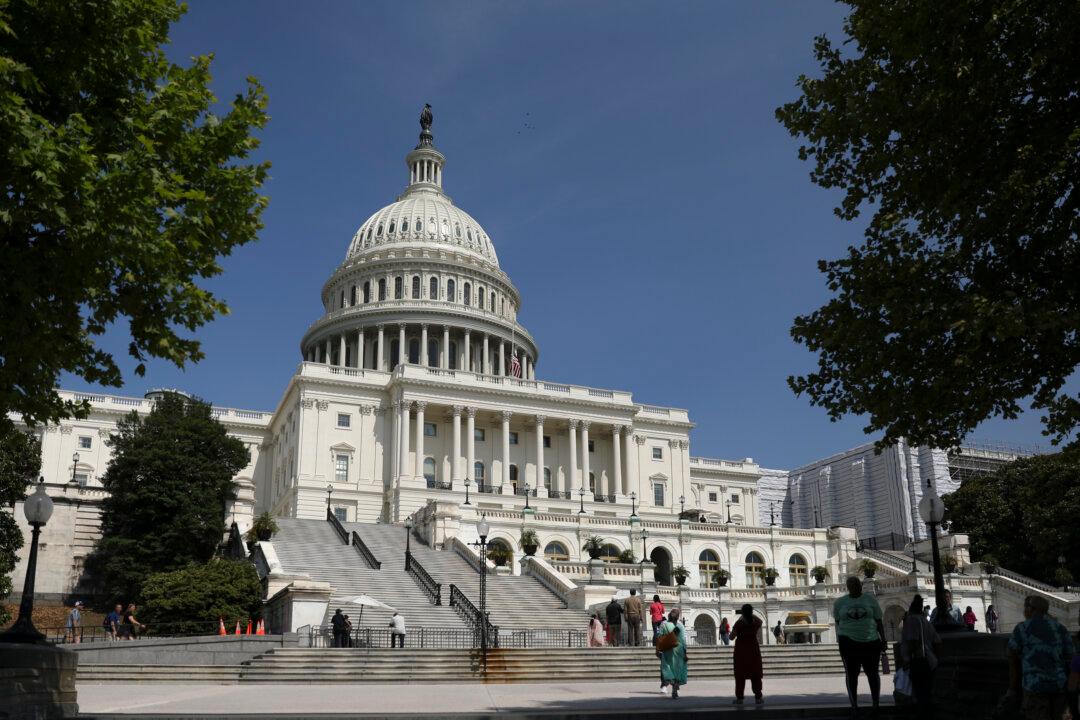WASHINGTON—A reform proposal to “empower Americans with greater control over their health care decisions and dollars,” while preserving protections for pre-existing conditions, will fix the “broken system” that is Obamacare, according to members of the Republican Study Committee (RSC).
“The RSC has put forward a plan that will protect individuals with pre-existing conditions; empower Americans with greater control over their health care decisions and dollars; and personalize health care to meet individual needs,” RSC Chairman Rep. Mike Johnson (R-La.) said in an Oct. 22 statement releasing the proposal.





